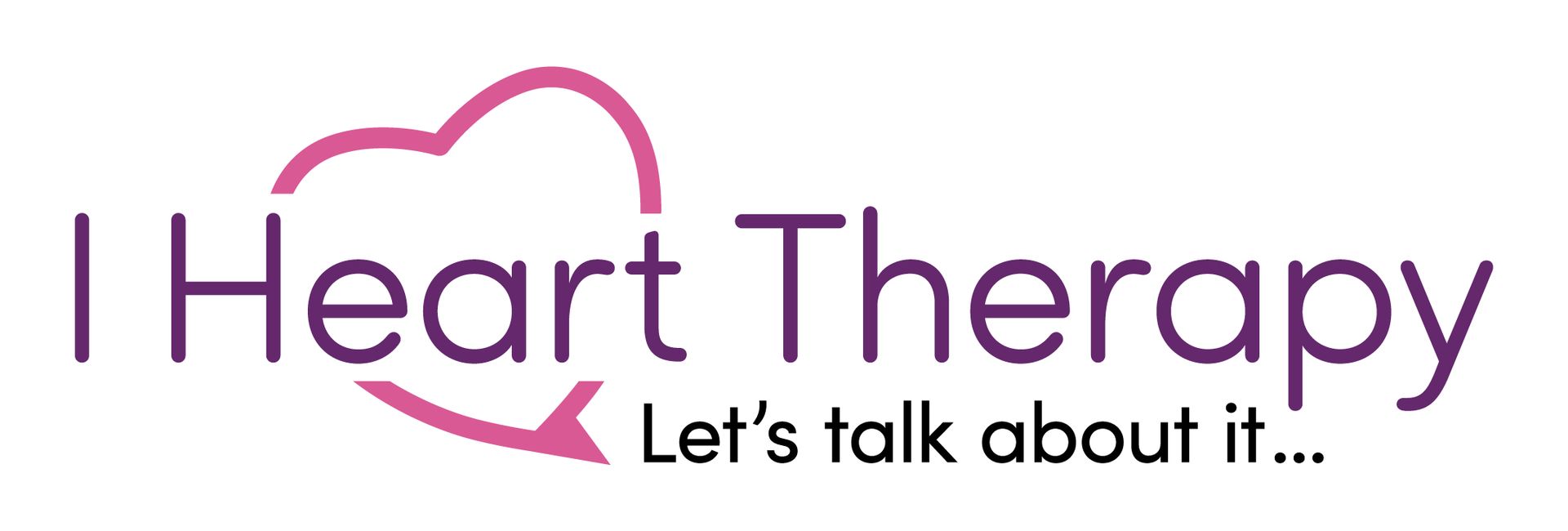“What if I find out that I'm broken?”
Seth J. Gillihan, PhD • August 26, 2023
How to overcome a common, but unfounded fear of therapy. By Seth J. Gillihan, PhD\
"So what do you think?", "Megan" asked toward the end of her first appointment with me. I gave her a brief summary of my assessment and told her she met the criteria for a diagnosis of major depressive disorder. I said she would probably get a lot out of treatment and mention some things we could work on together. She still seem to be holding her breath, as if waiting for the punchline. “I guess…” she began, then stopped. “Well I guess what I really want to know is…. Do you think I'm crazy?", she asked. Deep down Megan feared that she was broken in a fundamental way. Many people who start therapy (and many who are afraid) share this apprehension- that when a trained professional looks deep into their psyche they'll discover an essential deficit. For Megan it was the fear of being “less than” or an imposter, and that even psychotherapy couldn't fix her.
What Coming to Therapy Means
Most people start therapy when they're struggling, often through the hardest time of their life. For this reason, it can feel like a defeat, especially in a society that continues to “other” those with mental health challenges. But the truth is that deciding to start therapy is a sign of your whole-ness. No matter how hard a time you're having, or how hopeless you may feel, a part of you is determined to find the support you need. Seeking therapy signals your acceptance that all is not well, and acceptance is the foundation for change.
Most therapists will recognize the vulnerability behind a question like Megans', they'll probably let you know that the struggles you're having are common. Therapists generally understand that having mental health challenges means you're human, not crazy. Indeed, countless therapists, myself included have had their own battle with the psychiatric condition.
I reassured Megan that I didn't think in terms of “crazy”, and that in fact, my impression of her was the opposite of what she feared. “Coming to therapy is a sign of what is right with you, not what's wrong”, I told her. “We all need help from others, especially when we're hurting”. A part of Megan recognized that she needed help and was willing to overcome societal stigma and her hesitation to get it. That willingness was a sign that she was already on her way to finding relief.
What You Discover in Therapy
Here's what you're likely to find out when you start therapy.
First, you'll find validation for thoughts and feelings that you may have struggle to understand. Your therapist will help contextualize your experience; Of course you sometimes assume people are talking about you behind your back if your mom constantly criticized you. Of course you have a hard time feeling secure in your relationship so in the past partner betrayed you.
You'll probably discover that your fears and struggles makes sense, on account of what you've lived through. Maybe you've survived major trauma and have a hard time feeling safe. Perhaps you've experienced a sudden death, and you're often anxious about the health of your loved ones. Instead of beating yourself up for reacting in ways you don't understand, you can develop a compassion for yourself and what you've been through. You may also find out that you have more strength than you knew, the same strength that has sustained you this far and that drew you to therapy.
While it may seem paradoxical, you'll come to see how fundamentally sane you are. Many of the people I work with start to see the truth that what they call crazy is the radically sane part of themselves that refuses to go along with the insanity around them. For example, you might have been labeled the problem child in your family because you were the only one who refused to sweep long-standing issues under the rug, and you couldn't help but shine a light on the things that everyone else chose to ignore. It's a sign of health to know when things in your life aren't working, just as it's a good sign when your body warns you by reacting to pain.
And finally, you may begin to accept that the patterns giving you trouble with relating to others, thought processes, and emotional responses--developed when you desperately needed a way to survive. Maybe you learned to never get your hopes up, for instance, because they were so often dashed when you were a kid; now that you're grown up, it's still hard to trust that things will work out.
Although these ways of coping might not work so well anymore, they got you through a perilous past. The same wise part of you that formed these defenses may begin to let you know that it's time to try something new. Even if you feel broken, starting therapy shows that the seeds of new life are already within you. The healing process begins well before you set foot in a therapist’s office.
When Megan realized that her value as a human being was not on the line, she gradually became less guarded in our sessions. Her honesty with herself and with me helped her to make remarkable progress in therapy. Megan was willing to take a close look at herself and at the habitual behaviors that had hurt her relationships with key people in her life. With hard work, she was able to develop greater self compassion even for the part of herself that was struggling. By the time we parted ways she reported very few symptoms of depression and was optimistic that she could eventually find the love that she craved.
Seth J.Gillihan, Ph.D.
is a licensed psychologist and the author of several books, including Mindful Cognitive Behavioral Therapy
How To Cultivate Hope

Are You Tired of Feeling Like You're Falling Behind in Life? In today's fast-paced world, young women face unprecedented challenges. From climbing the corporate ladder to maintaining meaningful relationships, the pressure to excel in every aspect of life can feel crushing. Add in social media's highlight reels and society's ever-rising expectations, and it's no wonder so many of us feel like we're running on empty. But here's the truth: feeling lost doesn't mean you're actually lost. It's a natural part of the journey that almost every successful woman has faced at some point.



